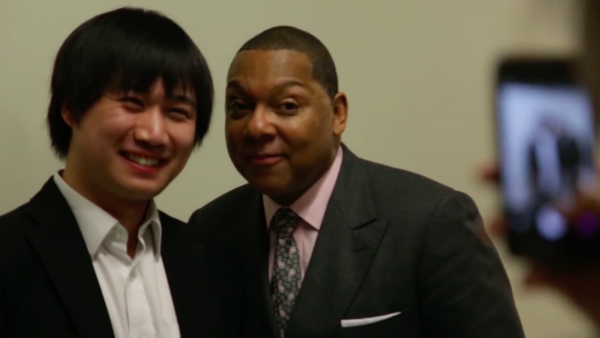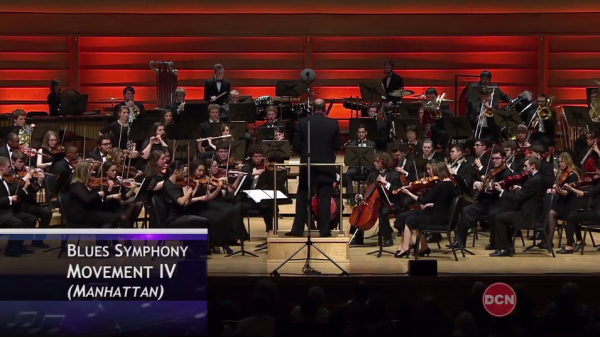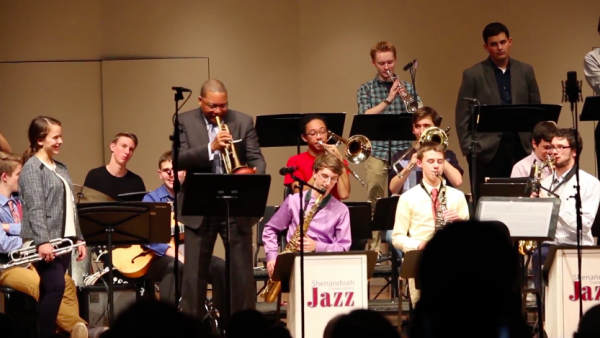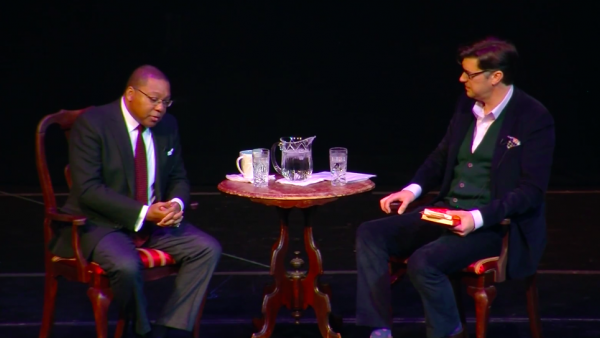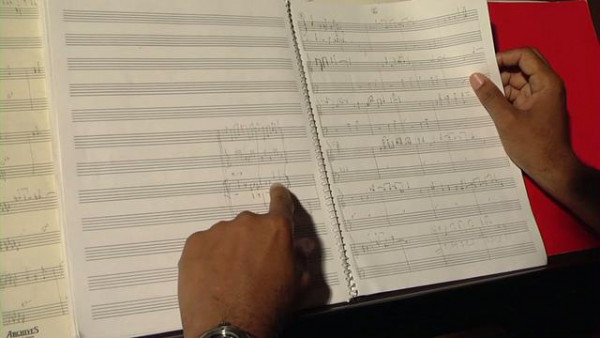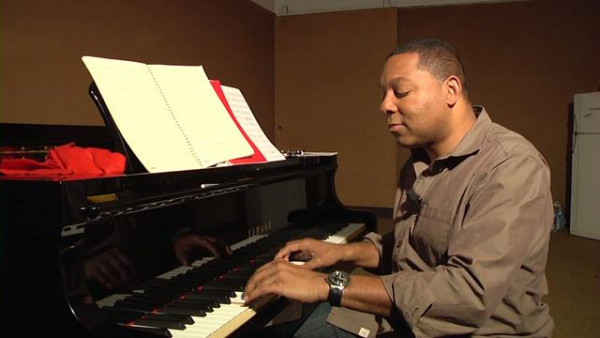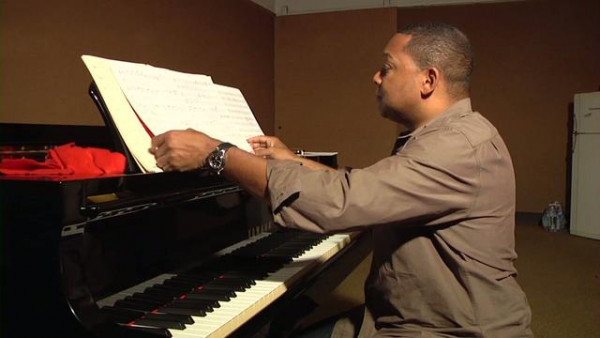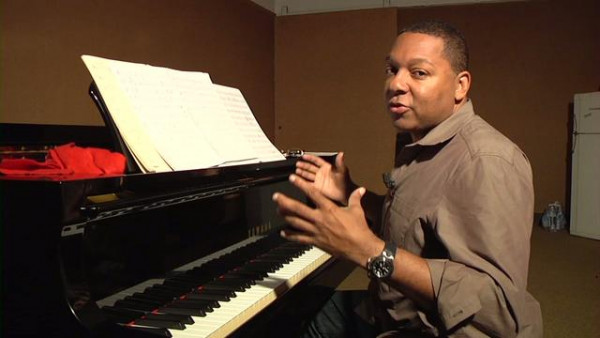Wynton Marsalis Takes Concertgoers Through a Symphony of Blues
Taking their seats, the symphony orchestra begins with a wave of the conductor’s baton, led by the cheerful sound of the piccolo and the rhythm of the drums—which the program notes is supposed to signify the American Revolution and the birth of the possibility of the blues.
On Wednesday night, the Music Center at Strathmore in North Bethesda, Md., played host to Wynton Marsalis’ Blues Symphony for hundreds who turned out—filling the expansive hall all the way to the balconies—to witness the premiere of the award-winning musician’s ambitious journey to chart the history of the blues throughout America.
No ordinary piece of work from the renowned trumpeter, the six-movement piece, a fusion of different types of music, bestows the feel of the blues, all through the use of orchestral instruments.
Of course, Marsalis isn’t the first to fuse different genres of music together, but what makes his piece unique, he says, is his insider knowledge of both classical and jazz.
“I think I may be the first one who really is in the inside of jazz and the inside of classical music the way I’ve been since I was a kid,” Marsalis told The Root Tuesday during a dress rehearsal before the performance. “People have tried to put the two forms together, but I’m trying to be inside of the actual reality of it from a jazz musician’s perspective.”
The piece was years in the making, Marsalis having partially unveiled it in 2010 with the Atlanta Symphony Orchestra. However, the commitment required significant rehearsal time to pull off with an entire 100-piece symphony orchestra, often a luxury for a top-tier professional group, thus delaying the work’s premiere.
With Marsalis partnering with the Shenandoah Conservatory, its symphony orchestra and Washington Performing Arts, the debut was finally made possible. The piece was made part of the orchestra’s curriculum, allowing for the grueling practice needed to see the symphony’s full potential. Even as the musicians practiced, the piece was edited here and there and fine-tuned. Marsalis is under no impressions of grandeur. Music to him is living and ever ongoing.
“Every piece is ongoing,” Marsalis said. “I work on the pieces, and they come and we continue to work on them and they improve over time.”
Even with this symphony, which he worked on for years, he wrote it in such a way as to allow some other musician down the line to be able to learn and take from him.
“I put enough of the ideas down to give them just a blueprint. It covers a wide range of music, from church music to Brazilian choro to Cuban danzón to ragtime to different types of jazz … spiritual … New Orleans counterpoint,” the nine-time Grammy Award-winning artist said. “[There are] many different questions in it.”Many different questions, and many different answers, and as the audience sat there Wednesday in the vast hall listening to the students play for a little over an hour without a pause between movements, they were transported to the streets of New Orleans, Cuba and Brazil, even to the streets of New York, for which the sounds of bustling traffic came through via the orchestra.
It begs a mention that before the orchestra wowed the audience, Marsalis brought out his quintet, consisting of Walter Blanding (tenor saxophone), Dan Nimmer (piano), Carlos Henriquez (bass) and Ali Jackson Jr. (drums), to start the show with a bang. They blew through piece after piece in a full set lasting about an hour, with Marsalis engaging the audience, at one point even leaving the stage to play among the attendees.
When the show was over, some 1,800 people rose to their feet, whistling and cheering. The students in the orchestra had done Marsalis proud; but of course, he had expected no less with the work they put in.
“For me it’s a learning experience, I want [the students] to enjoy themselves,” Marsalis said. “I want them to feel great about all the experiences they have in music ….They practiced a lot [and] I’m pleased with the effort.”
“The type of respect they’ve shown me and that they’ve shown to the music, and the seriousness they’ve brought to it? Yeah, I’m proud!” he added.
- Breanna Edwards
Source: The Root

